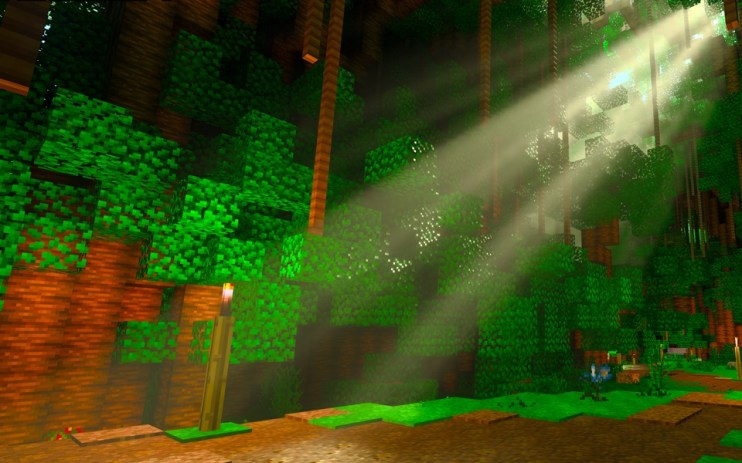How video games could be the next frontier in the WFH revolution

By this time last year, most of us were already experiencing Zoom fatigue. A month of working remotely had taken its toll and the endless queue of video meetings seemed to exemplify the creeping malaise of this new way of working. Phil Spencer, head of Microsoft’s games division Xbox, soon came up with a novel if decidedly on-brand solution. He and his team “switched to doing Minecraft Dungeons meetings… Fun way to get some work done.”
Playing games on the work clock may be an easier sell if you work for Xbox than if you work at Goldman Sachs – Microsoft bought the Minecraft brand for $2.5bn in 2014 – but according to psychologist Emma Kenny games could help rebuild the intimate connections lost in the shift to mass working from home.
“The whole work landscape has changed. Staff, and managers in particular, are struggling to communicate in the new ways required to deal with staff working remotely,” says Kenny. “There’s a question about how we build relationships when we can’t see people.
“The work/life balance is completely different – people are getting their work done from home, they don’t have to commute and that’s a major shift. So how do you engage people? How do you organise staff connections? Games are really good for that.”
I can relate to this – during the first months of lockdown I caught up with a colleague for after-work games of Mario Kart. But Kenny thinks games could be ingrained even further into the working culture. “Perhaps you’d get an invite to a 15 minute session as you’re finishing work or during your lunch hour, where you can play with the manager.”
This attitude towards gaming seems like an easy fit for the creative industries or in tech start-ups. But it’s harder to imagine banks or insurance brokers taking time out for a spot of Minecraft.
“After the last year, integrating games into working life would be easier than before,” says Kenny. “This is a great moment for staff and managers to start using these tools and practices to connect better.”
Gaming at work isn’t just about relaxing with colleagues – Kenny says it can also help us destress, reduce feelings of isolation and allow people to build relationships in ways that would be more difficult over more traditional channels of communication.
“Human beings like having something to be doing while we’re talking,” she says. “In conflict resolution we always recommend walking side by side rather than just sitting. When you have a task to do, it reduces the intensity and interrogation level. It almost becomes an effortless journey and you can connect and transition through different experiences. Being task orientated allows you to relax and enjoy your surroundings and feel connected to people.”
Part of the resistance to using games as a work tool seem to stem from outdated conceptions about what games actually entail. Once an isolated or solitary experience – playing Sonic for instance – many of today’s games are intrinsically connected, involving – even requiring – people to communicate and problem solve together.
Different games can also be used in different ways, says Kenny. “Among Us [a parlour game where a team of players must find the lone traitor in their ranks] would be a great ice breaker; Minecraft would be good for team building; you could have an appraisal with your manager over a game of Golf With Your Friends.”
It can also help people to express themselves in ways that their roles may normally restrict. “A lot of us feel stunted at work – we all have a particular role, but often our skillset is far wider. Seeing each other in a creative gaming environment can be a platform for people to grow. If I see that the girl on reception is absolutely brilliant at building creatively in Minecraft, then you see the individual rather than the position.”
Right now we’re at the start of the journey, but as people continue to work from home, it seems plausible that games will become one of the suite of virtual tools used to help maintain and build relationships.
“It would be amazing if a company could create an online world that was representative of their corporate environment or the people and positions within it… Anything that can connect people who might not have otherwise connected is worthwhile, especially now it’s so affordable and accessible through platforms like Xbox Game Pass for PC.”
If nothing else your morning team meeting would be far livelier if you and the manager had to fend off an invasion of Minecraft zombies before you slog through the Q3 forecasts.
